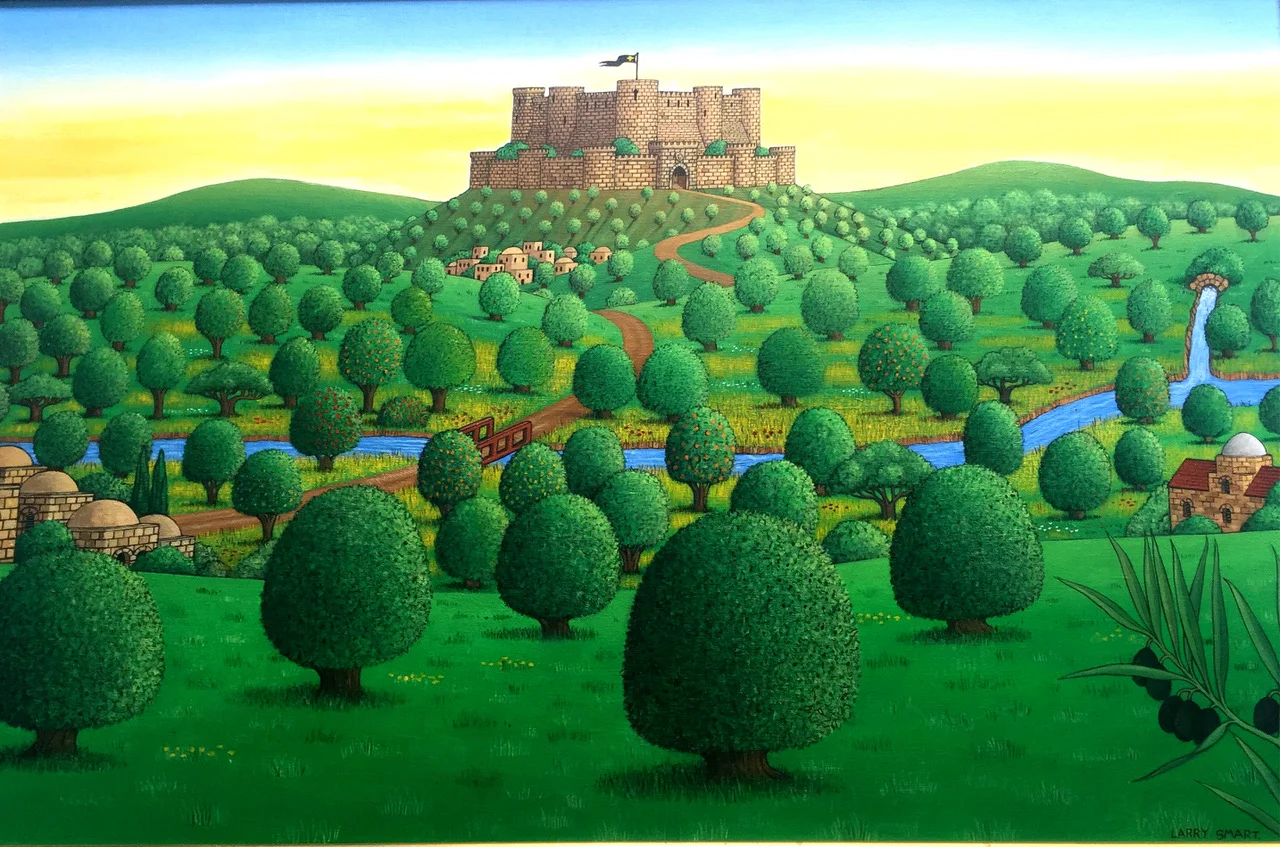The V&A 'Revolution - Records and Rebels 1966-1970) exhibition closed earlier in 2017. I was invited to give the keynote speech at the launch dinner at the museum. It was well received. Here's the text:
While staying in a Sikh temple in Delhi in April 1965 a couple of guys from San Francisco gifted me with a 1000 microgram capsule of Sandoz pharmaceutical grade LSD. I took my first trip in September of 1965, 51 years ago almost to the day. Then I went back to complete my final year at the Wharton School of Business at the University of Pennsylvania. In October Timothy Leary came to Philadelphia with his message to explore higher consciousness. This created a psychedelic community, as happened wherever Leary went.
The American Medical Association described the diet as ‘the Hippie diet leading to death.’ My restaurant opened in February 1967 and one of my first customers was Yoko Ono, who had been working at the Paradox when I had visited a year earlier
People got religion – not the old guy in the sky variety, but the personal spiritual discovery embodied in yoga and meditation and Zen Buddhism.
Our clothes helped us identify each other. I imported coats I’d seen in Afghanistan a year earlier. The Beatles bought some at Granny Takes a Trip boutique on the Kings Road and set off a global craze. I also imported Tunisian kaftans, Tibetan shoulder bags and Chinese silks that Aedan Kelly would dye with blobby designs that were then tailored into shirts and dresses.
Clothes also helped the police to identify us and they started randomly searching and arresting people who looked colourful or had long hair. We understood what it was like to be black and this fuelled empathy for civil rights as well as for drug law reform.
We believed in the power of peace and love. The Vietnam war was at its peak – we tried to stop it and faced up to the full force of the law in Grosvenor Square, Chicago and Kent State.
We experienced nature and the environment on an intuitive and empathetic level, seeking out green places like Golden Gate Park or Kensington Gardens. We read the romantic poetry of Keats and Blake, deploring dark satanic mills.
When the Move sang “I Can Hear The Grass Grow’ or The Small Faces sang ‘It’s All Too Beautiful’ we responded viscerally. Then the Beatles summed it all up as “All you Need is Love.”
Greenpeace and Friends of the Earth both were born out of this awareness of our oneness with our beautiful planet.
We got sexy. It was hard to repress sexuality when all your other senses were heightened, so if you were gay you let yourself go, if you were polyamorous you started to swing. Sexual experimentation led to sexual liberation.
We were a community – with a strong sense of communalism. Not communism, quit the opposite: we didn’t trust the State but we did form communes. Our individualism, communalism and libertinism combined to forge a political libertarianism.
It wasn’t easy to get a job if you dressed like a hippie and had long hair, so many set up their own businesses. Fashion, publishing, natural foods and music were areas where entrepreneurial spirits could follow their heart and make a good living.
Our goal was to create an alternative society, an exemplar of how life could be and should be.
We underestimated the degree to which the legacy industries that profit from war, environmental degradation, ill health and financial manipulation would still control the agenda 50 years later.
This exhibition captures magnificently the deep spiritual, philosophical and political intent of those times and their impact on the world today.
It could help to accelerate the change of which we dreamed.
Perhaps it will help us to build Blake’s hippie vision of a new Jerusalem in this green and pleasant land.












